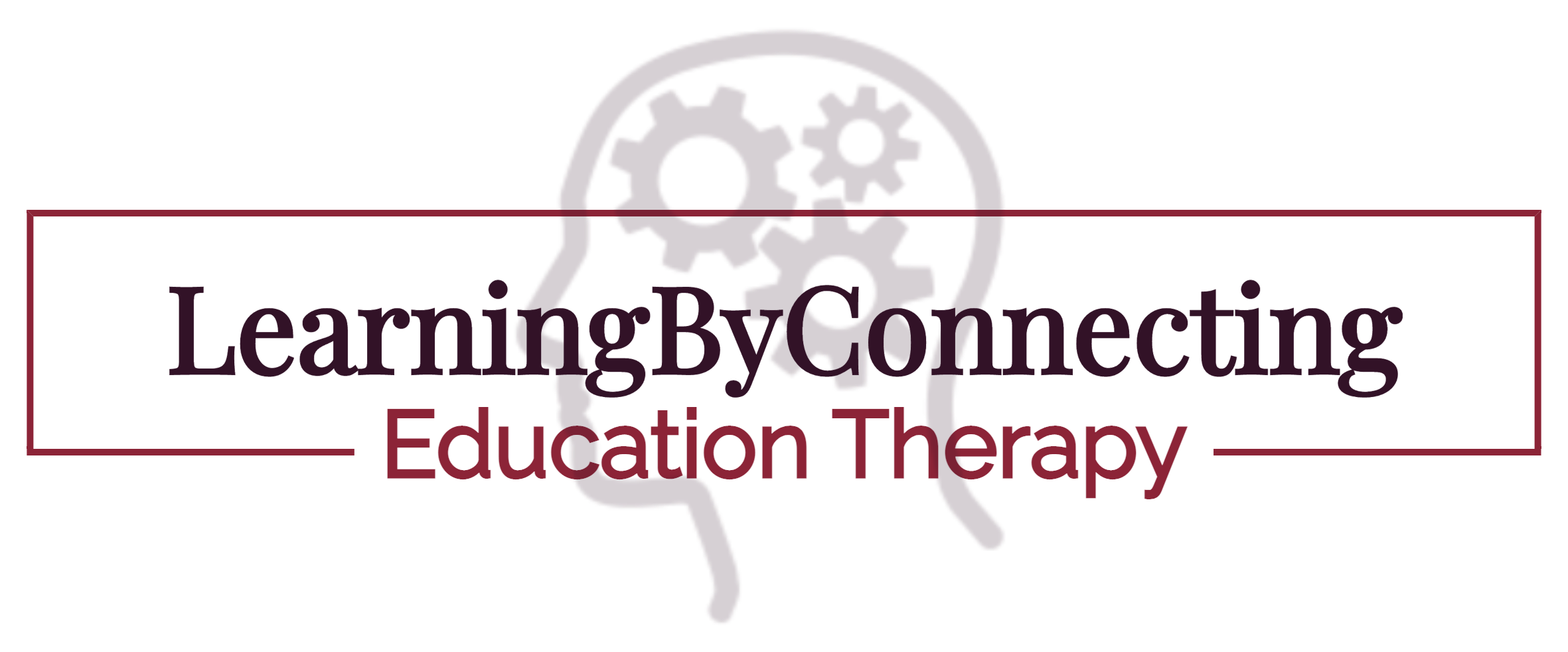By: Dr. Christine Powell, Education Therapist & ADHD Coach. LearningByConnecting.com

Ever feel like your brain’s on a loop, replaying the same thoughts over and over? You’re not alone. For many individuals, especially those with ADHD, overthinking isn’t just a habit, it’s a full-time job. It’s like your mind is stuck on repeat, playing the same worries and anxieties on a never-ending loop.
Research backs this up: Studies suggest that up to 70% of adults with ADHD struggle with overthinking. It’s not just about being a “worrier” — it’s about getting trapped in a mental maze.
Emily’s Story: From Analysis Paralysis to Action
Let me introduce you to Emily, a gifted musician in Los Angeles, brimming with talent. However, her overthinking often sabotaged her creative process, especially when there were time constraints. Simple decisions, like choosing a chord progression or the perfect lyric, became agonizing hours-long debates in her head. It wasn’t just writer’s block; it was a full-blown jam. She has a track record of success, literally, and she routinely got herself STUCK!
Emily’s experience isn’t unique. Research indicates that overthinking can significantly hinder decision-making and contribute to procrastination, especially for those with ADHD. But Emily’s story also demonstrates that it’s possible to break free from the cycle and reclaim control of your thoughts.
Here are three strategies that helped Emily (and countless others) quiet the mental noise and move forward with confidence:
1. The “Time-Blocking” Technique
Rather than letting worries and “what ifs” intrude on your entire day, designate a specific “worry window” each day. This might be 15–20 minutes in the evening where you allow yourself to fully explore those concerns. When anxieties arise throughout the day, jot them down and remind yourself you’ll address them later. This helps create mental space and prevents those thoughts from hijacking your focus.
2. The “80% Rule”
Perfectionism is a common culprit behind overthinking. Striving for excellence is admirable, but remember that “done” is often better than “perfect.” Aim for 80% completion, then evaluate if further refinement is truly necessary or if you’re simply polishing something that’s already good enough. Submitting something is often better than submitting nothing.
3. Harness the Power of “Body Doubling”
Sometimes, the simple act of having another person present can help you stay on task and minimize distractions. Find a friend, family member, or even a virtual study buddy to work alongside you. Their presence can help you maintain focus and avoid getting sidetracked by your thoughts.
Taking that first step as an adult to acknowledge and address overthinking is truly courageous. While an Education Therapist can be an invaluable guide on this journey, there are also questions you can ask yourself to gain deeper insight:
Do you often replay conversations or events in your head, analyzing every detail?
Do you find it difficult to make decisions, even small ones, without feeling overwhelmed?
Do you frequently struggle to “turn off” your thoughts, even when you’re trying to relax or sleep?
Do you experience anxiety or stress related to your overthinking?
Do you find yourself avoiding tasks or procrastinating due to fear of making mistakes?
If you answered “yes” to several of these questions, it’s worth exploring strategies to manage overthinking and cultivate a calmer, more focused mind. Remember, you have the power to break free from the cycle and embrace a more empowered, intentional way of thinking.

